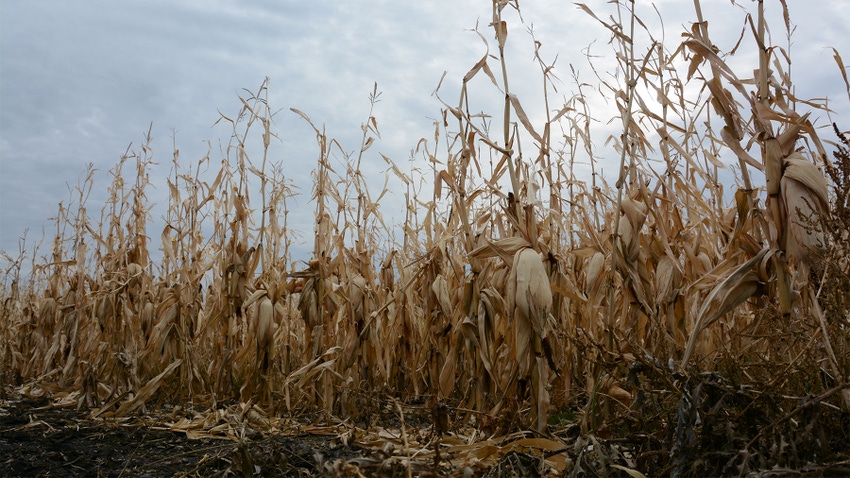September 29, 2023

The question comes up occasionally on what happens to an unharvested crop in the event of the death of a farmer or a landlord on a crop-share lease. The answer for this will be different depending on whether the decedent was the farmer, a materially participating landlord or a non-materially participating landlord.
For the farmer and the materially participating landlord on a share lease, the unharvested crop is considered an asset of the decedent for estate tax purposes. The value of this crop is set at the date-of-death value or the value on an alternative date chosen by the administrator of the decedent’s estate. This date-of death or alternate-date value is also the basis of the crop for income tax calculations.
Determining fair market value
This fair market value of the crop can be determined by appraisal or by discounting the eventual harvested yield by the risks to the crop between the date of death and harvest. An appraiser, certified public accountant or estate planning attorney would be able to help you choose the best means to value the crop and whether to use the date-of-death value or the value on an alternative date.
For landlords who are not materially participating in the farming on a share lease, the value of the crop is again determined as of date of death, and the amount allocated prior to death is included as an asset of their estate for estate tax purposes. However, the crop does not receive a step-up in basis.
Rather, the share of the crop allocated to the lease prior to date of death is treated as income in respect to the decedent. The decedent will pay income tax on this income, and this will be included as part of the decedent’s estate for estate tax calculation.
The remaining part of the crop allocated to the lease after death will be considered ordinary income to the estate of the decedent. This part will not be included as part of the decedent’s estate for estate tax calculations. The amounts allocated between the decedent and the decedent’s estate will be prorated based on the terms of the lease.
Some factors for determining of whether a landlord is materially participating include:
taking part in the decision-making for the crop
monitoring the progress of the crop and yield
contributing to pay the costs of producing the crop and providing equipment and supplies.
Balzarini is an attorney at law with Hellmuth & Johnson PLLC. Contact him at [email protected].
About the Author(s)
You May Also Like






